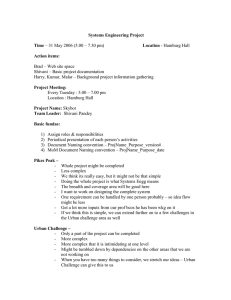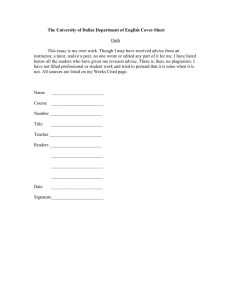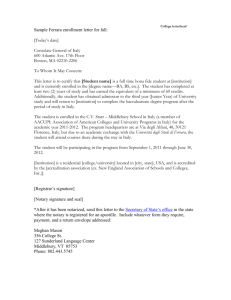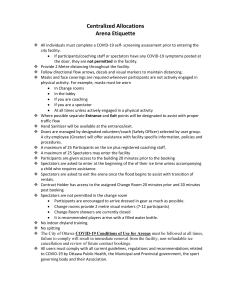‘Readers and Spectators in Italy: Towards the Formation of a... Audience, 1750-1890’, Palazzo Pesaro Papafava, Venice, May 2013.
advertisement
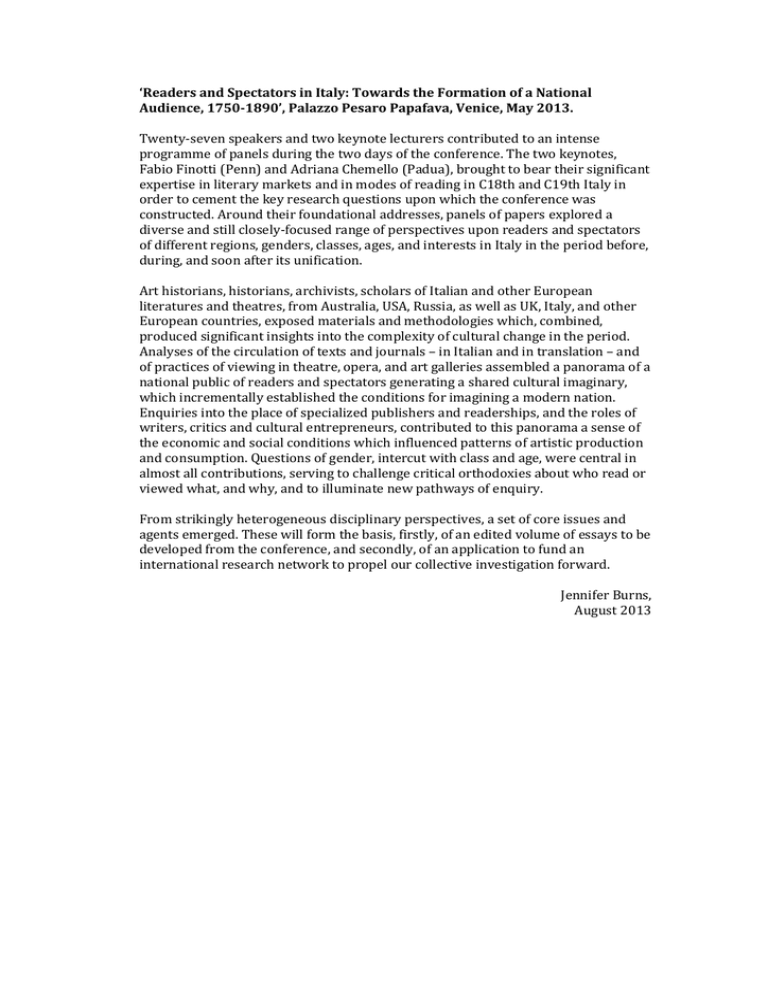
‘Readers and Spectators in Italy: Towards the Formation of a National Audience, 1750-1890’, Palazzo Pesaro Papafava, Venice, May 2013. Twenty-seven speakers and two keynote lecturers contributed to an intense programme of panels during the two days of the conference. The two keynotes, Fabio Finotti (Penn) and Adriana Chemello (Padua), brought to bear their significant expertise in literary markets and in modes of reading in C18th and C19th Italy in order to cement the key research questions upon which the conference was constructed. Around their foundational addresses, panels of papers explored a diverse and still closely-focused range of perspectives upon readers and spectators of different regions, genders, classes, ages, and interests in Italy in the period before, during, and soon after its unification. Art historians, historians, archivists, scholars of Italian and other European literatures and theatres, from Australia, USA, Russia, as well as UK, Italy, and other European countries, exposed materials and methodologies which, combined, produced significant insights into the complexity of cultural change in the period. Analyses of the circulation of texts and journals – in Italian and in translation – and of practices of viewing in theatre, opera, and art galleries assembled a panorama of a national public of readers and spectators generating a shared cultural imaginary, which incrementally established the conditions for imagining a modern nation. Enquiries into the place of specialized publishers and readerships, and the roles of writers, critics and cultural entrepreneurs, contributed to this panorama a sense of the economic and social conditions which influenced patterns of artistic production and consumption. Questions of gender, intercut with class and age, were central in almost all contributions, serving to challenge critical orthodoxies about who read or viewed what, and why, and to illuminate new pathways of enquiry. From strikingly heterogeneous disciplinary perspectives, a set of core issues and agents emerged. These will form the basis, firstly, of an edited volume of essays to be developed from the conference, and secondly, of an application to fund an international research network to propel our collective investigation forward. Jennifer Burns, August 2013
